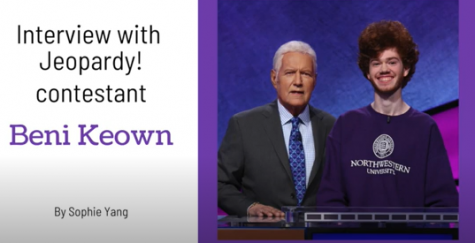Stars break silence over addiction
August 27, 2018
Say something.
7 million Americans suffer from a form of drug addiction, according to the American Addiction Center; there’s a big reason to talk about this mental illness consuming the country.
Demi Lovato opened up more about her addiction after a recent drug overdose on July 24 that hospitalized the singer. Lovato has openly spoken about her problems with drug addiction since 2013 in both songs and interviews. The star has also come out on social media to speak about her battle with addiction and the time she needs in order to fight her battle.
Lovato isn’t the only star who has recently discussed their problems with drug addiction. Zac Efron, Wendy Williams and Drew Barrymore, as well as many other celebrities, have spoken about their problem with drug addiction and their road to sobriety. With having so many eyes on them, comes with a huge responsibility, using that power to break the stigma. Starting to have those raw conversations about addiction can start to break the drug addiction taboo, which can be beneficial to younger fans.
Many are still unaware of the fact substance addiction is a mental illness, according to the National Institute on Drug Abuse. Celebrities such as Lovato, Williams and Efron opening up about their addictions can spark that change. Teen Vogue has recently come out with numerous stories covering drug addiction and the correlated mental illness. Talking and legitimizing addiction as a mental illness is important in the process of moving forward. We need to recognize substance addiction as a mental illness in order for people struggling to seek help and get better. This conversation should exist earlier than adulthood.
Singers are more recently coming out with songs to speak out on the topic. Macklemore’s song, “Drug Dealer” tackles the idea of drug addiction, particularly given the current opioid crisis. Rachel Platten’s “Fight Song,” deals explicitly with overcoming mental illness. With all these stars coming clean about their problems with addiction, fans — especially young adults — should not fear the topic. Obviously, Lovato, and anyone struggling with addiction, should come forward and speak about their problems on their own terms, but they should be able to find spaces to talk about their addictions.
Just because we aren’t in Hollywood doesn’t mean we shouldn’t work on our own culture of creating safe spaces to discuss issues of addiction. ETHS Students and Evanston as a community should follow the recent examples of Hollywood stars by recognizing the importance of talking about addiction. We need to be okay with having these uncomfortable and raw conversations. Whether these conversations be with a friend or an adult, finding a way to keep the door open and the space available for the topic of addiction creates opportunities for anyone to get help. If you feel like you need to speak to anyone, the national substance abuse hotline is 1-800-662-HELP (4357). The national suicide hotline is 1-800-273-8255.














